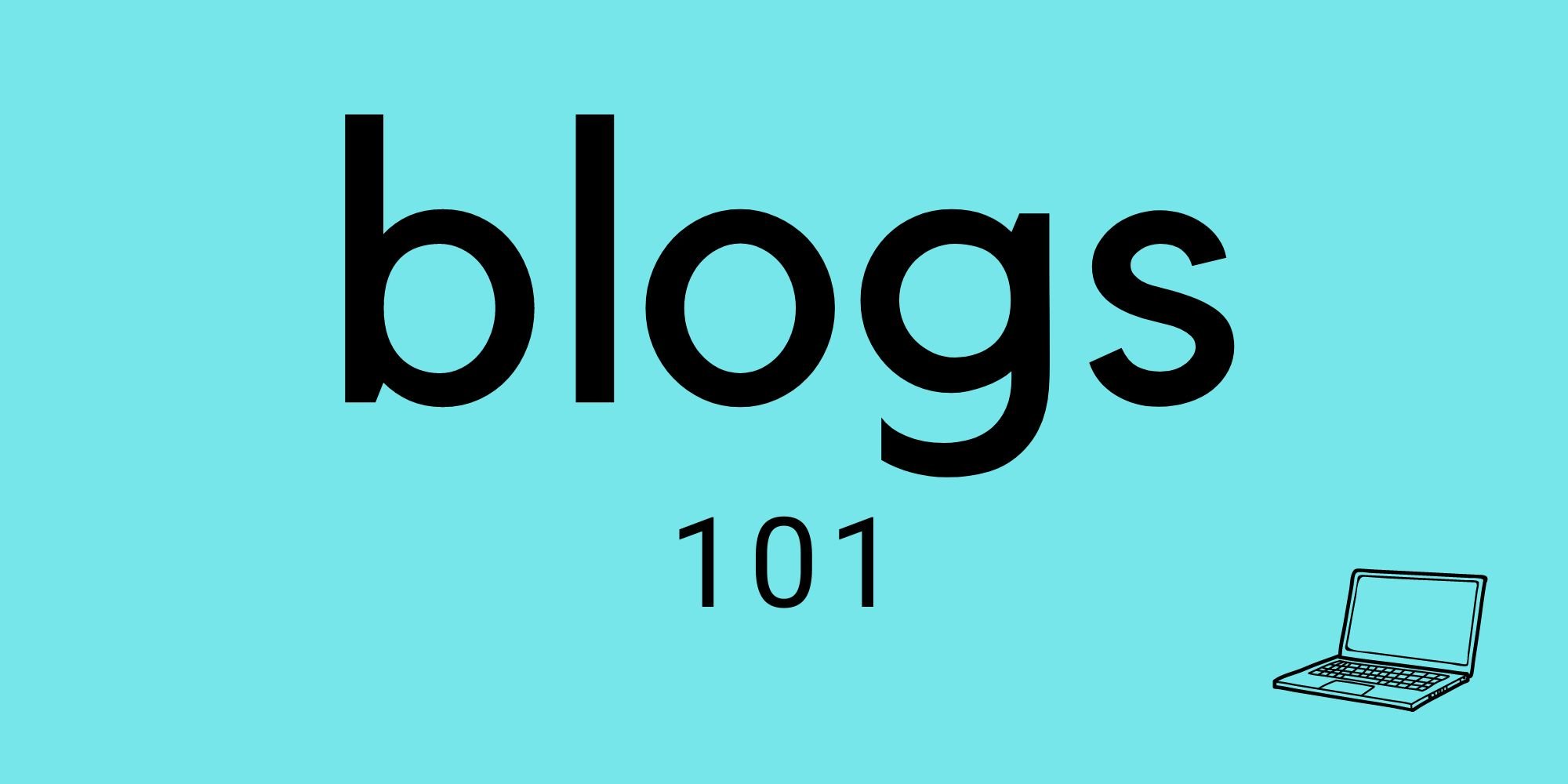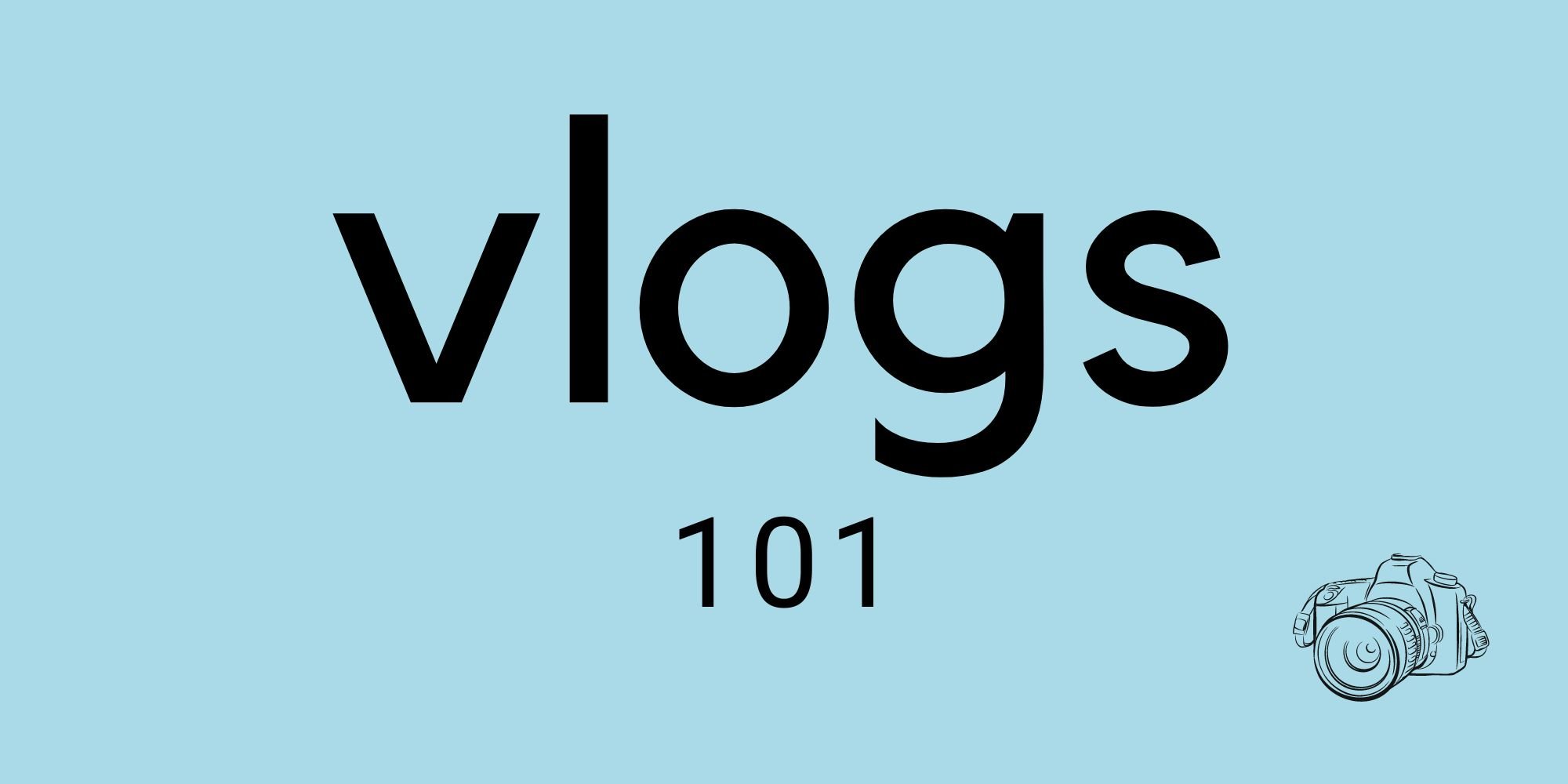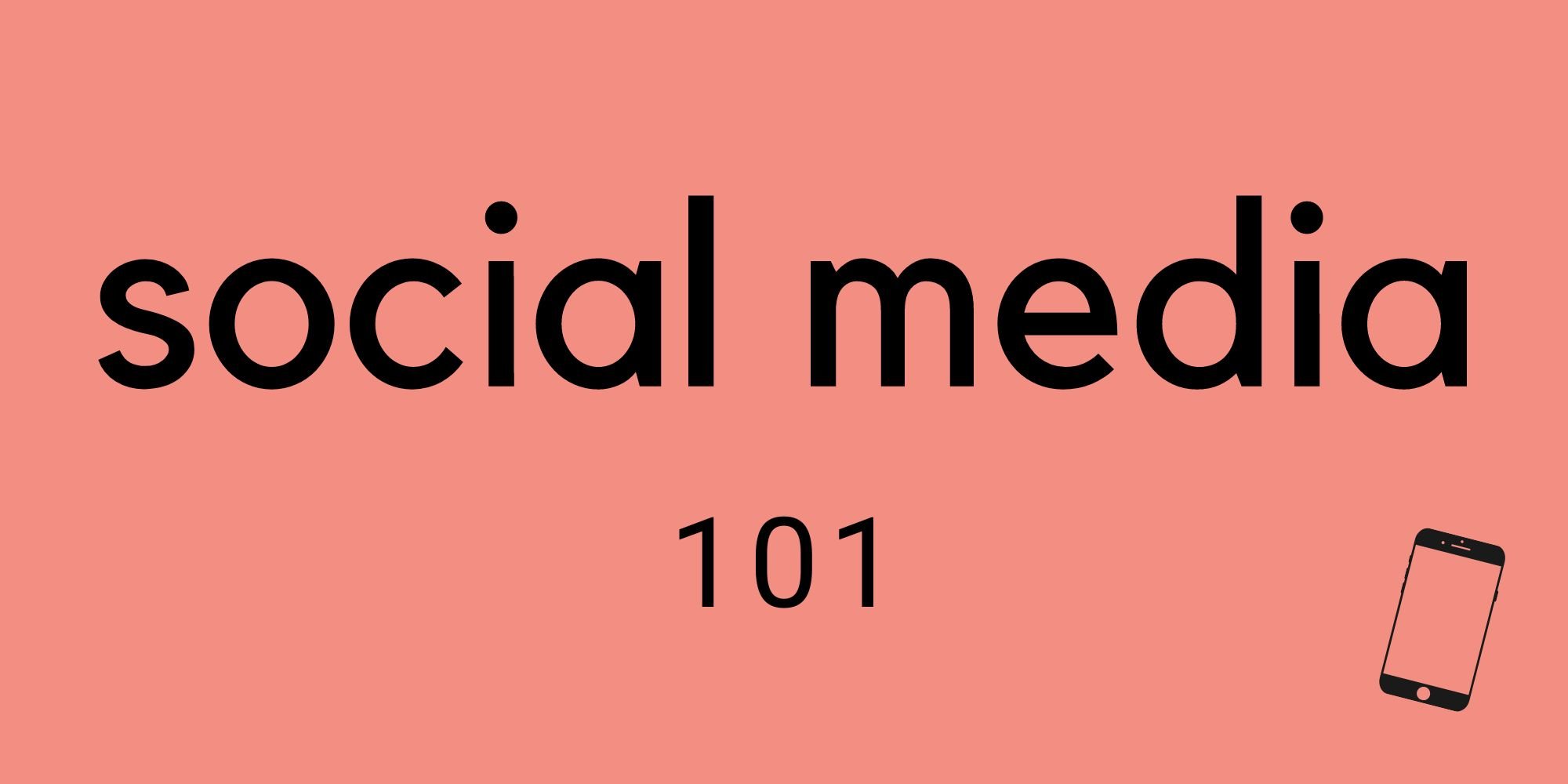Vlog vs. Blog vs. Social Media (the creator’s handbook)
Your life and your expertise are amazing pieces of content waiting to be made. And the world is eagerly waiting to benefit from them.
We are all content artists and we are all personal brands.
But the trick is in choosing the best place to share our stories and knowledge.
So welcome to my handbook on blogging vs. vlogging vs. social media (and how to choose the best option for you).
Let’s get to it.
Table of Contents Show
Vlog vs. Blog vs. Social Media (pros, cons + more)
So what’s the biggest difference between these content hubs?
Because the truth is, there’s a lot of overlap and all three options are great for sharing content and building an audience.
Here’s how I see things.
Blogs are for writing
Vlogs are for speaking
Social media is for interacting
Let’s unpack each one.
Recommended: Social Blogging (what it is + how to start)
Blogging 101
People visit blogs for text-based content and answers to questions.
So what is it exactly?
Blogging is publicly written information that’s published to a website or on an article-sharing platform (such as Medium).
While blogs can often be informal and more like a personal journal, they can also be a major traffic source and a key component of a formal marketing strategy.
In fact, a modern blog is an income-generating creative business and more like a personal asset.
So let’s look at the pros and cons.
Blogging Pros
Less day-to-day upkeep is needed
It can become the most passive form of content (old articles can rank for years)
Builds authority and trust in your niche
Great for lead generation
Drives traffic to your site and improves your SEO
Unlocks additional revenue streams
You can repurpose blog content into bite-sized social content
Blogging Cons
It takes a long time to gain authority and meaningful traffic
Blogs take a while to research for and write
Older posts need to be continually updated to stay fresh
More technical learning curves (such as learning SEO and doing keyword research)
Where to Blog (examples)
WordPress
Medium
LinkedIn
FAQ: Is it better to blog or vlog?
Both options can be extremely rewarding (and profitable).
Personally, I love my blog – it’s my passion project as much as a key part of my creative brand.
But I’m also launching a vlog soon, which will incorporate more of my other artistic passions (like music, travel and filmmaking).
So it comes down to things like personal preferences and goals.
(but don’t worry, I cover how to choose the best option in more detail in the last section)
Vlogging 101
People visit vlogs for the people and ideas behind the camera – for you.
So what exactly is vlogging?
Vlogging, or video blogging, is similar to a blog, but shared as a video rather than an article.
Just like blogging, this content strategy is for anyone – from starting a casual travel vlog to growing a lifestyle brand or marketing a multi-million dollar business.
Vlogging Pros
Form deeper connections with your audience
High trust – people trust their favorite vloggers for information
Show your personal brand naturally and grow a passionate community
It’s great for personal growth and development
Vlogging Cons
It potentially requires a higher level of vulnerability and discomfort
It can take time to monetize (depending on your skills and niche)
It’s harder than it looks (scripting, filming, editing, thumbnails…)
It’s time consuming (again: scripting, filming, editing, thumbnails…)
Where to Vlog (examples)
YouTube
TikTok
Instagram (Live, Stories + Reels)
Facebook Live
Twitch (for gaming)
FAQ: Do you make more money from blogging or vlogging?
The truth is, both can be highly profitable.
It depends more on your niche, your audience, your content, your marketing and monetization skills.
But here are some common ways to monetize both a vlog and a blog:
Ad placements
Affiliate products
Sponsored posts
Selling your own products or services
Recommended: How to Monetize Your Brand With Products
Social Media 101
We all know what social media is. And billions of people use it daily for entertainment.
But is there a technical definition?
Social media is an interactive platform for sharing content and engaging with other users.
As you know, it’s ubiquitous and part of every person’s life and every entrepreneur’s content strategy.
So let’s explore it some more.
Social Media Pros
It’s a great way to network and connect with your audience or industry leaders
Everyone is there, literally
More and more people are using it as a search engine
It keeps you relevant on the latest trends in your niche
Social Media Cons
Older posts don’t usually drive traffic (like a blog or vlog would)
It’s a lot of day-to-day work and you’ll need to make fresh posts everyday
Staying consistent is hard and creator burnout is common
It can lead to unhealthy comparisons or digital habits
Where to do Social Media (examples)
TikTok
Instagram
X (formerly known as Twitter)
Snapchat
Facebook
LinkedIn
FAQ: Is YouTube considered a vlog or social media (or something else entirely)?
Technically, YouTube is a social media video-sharing platform.
Users can create vlogs, courses, short films, long films, documentaries, podcasts…anything really.
The list is endless.
So YouTube is a social media platform that you can use for vlogging.
Vlog vs. Blog vs. Social Media (key takeaways)
There are some key takeaways from everything above.
These ideas are from my own experience and through a creator’s lens.
Vlogging Requires More On- and Off-Camera Skills
Vlogging is an amazing modern creative skill. But there’s a bit of a learning curve if you're new to it.
As you can imagine, there are few technical requirements to making a great vlog.
Some key camera skills include
On-camera chops (talking to a camera, eye contact, composure, timing, etc.)
Filming skills (composition, framing, scripting, etc.)
Video editing
Photo editing (creating click-worthy thumbnails)
But if you’re just starting out, don’t let these skills be a barrier.
If you go back and watch the first videos from many of your favorite vloggers, you’ll see that they weren’t exactly polished (or even camera confident).
So remember, whatever the thing is, everyone starts as a beginner.
Blogging Requires More Writing + SEO Finesse
Blogging is how I launched my brand. It was my first content strategy.
I chose it because it was more behind-the-scenes, slower (as I figured my brand out) and had less day-to-day management.
But as I’ve started dabbling in other platforms, I’ve realized the biggest difference related to writing (obviously) and SEO (search engine optimization).
Of course, places like YouTube require a degree of search optimization and social SEO is a real thing, but the scale and scope is quite different.
Blogging requires a set of technical SEO skills, such as:
Keyword use and placement
Metadata management
Site mapping and architecture
Backlinking
Image optimization and use of things like alt text
Web accessibility
Website UX (user experience)
Blog post formatting (proper flow and use of H2s and H3s and relevant subtopics)
Again (similar to vlogging as a beginner), don’t let these terms discourage you.
They’re simple enough to learn if you’re committed.
So I encourage anyone interested in it to explore more. Because blogging has been one of the best decisions I’ve made.
And if you just want to dip your toes and test things out (without worrying about most of the technical parts), start with Medium for free.
Medium blends in aspects of social media and articles can also rank in Google (with proper keyword research and use, that is).
Social Media Requires More Engagement + Interaction
The biggest difference I’ve noticed with social media is the engagement and interaction required.
If you want to grow on social media (whatever the platform is), you’ll be spending a lot of time in the comments.
You’ll be creating a lot of original posts too, but you’ll need to reciprocate with your community by engaging with others, in kind.
But this can be fun.
Engaging in the comments is also a great way to “borrow” audiences from bigger creators (by consistently showing up, being genuine and adding value to people).
So, social media doesn’t mean just posting your own content and waiting for followers.
You must engage with your community.
Although there are caveats (such as virality or if you have an existing brand and are just amazing at content creation), social media requires a lot of interaction.
This isn’t terribly surprising though.
It is, after all, in the name.
They Are Not Mutually Exclusive
Blogs can be turned into vlogs and vlogs can even be read like a blog (via captions).
And everything is social media.
A blog post can be turned into tweets. And a tweet can be turned into a static text-style video.
Vlogs can be split up into social Shorts and Reels.
And AI can take all of these things and turn them into anything you want.
(and we’re not even touching on podcasts in this post)
So everything is interconnected and constantly bouncing off of each other.
Although I’d admit blogging can be the most solo endeavor, nothing is really mutually exclusive.
In fact, combining all three is a powerful strategy (when you can manage it).
They’re All Great Choices + They All Open Doors
Whatever option you go with, you can rest assured that it’s a great choice.
Eventually, you’ll probably expand on things anyways (but focusing on just one to start is a smart move, in my view).
Whether you’re blogging, vlogging or growing a social media following, you’re actively acquiring an amazing set of skills.
In-demand skills.
In all formats, you’ll also be opening the doors to networking opportunities and establishing authority in your niche.
As you grow, don’t be surprised when people start reaching out for collaborations, podcast appearances or to hire you.
As a content creator, you have abilities that the market and world needs.
How to Choose (4 tips that helped me)
If you’re still not sure where you should call home for your content, no worries – that’s normal.
These are the most helpful tips I’ve found.
Consider Your Expectations
Growing a following takes a long time – regardless of the medium.
But I would say blogging and SEO take the longest to build authority and consistent traffic. Social media on the other hand offers some quicker results – virality is a thing and engagement and networking can be immediate.
So in choosing your platform home, it’s a good idea to consider your expectations.
What are your time horizons?
Do you expect comments, likes and engagement for your content (like with social media)?
Or is general traffic okay (like with blogging)?
Think about what your expectations are for content creation and try working from there.
And just remember, building a brand and getting traction online are things that take a long time.
So regardless of your choice, think in years (not months).
Consider Your Preferences
If you love writing and patiently chilling in the background with slow content drips, then blogging may be perfect for you.
But if you love creating with your phone and have a personality that doesn’t stop, then maybe you’d do better vlogging or with social media.
So a great way to choose your platform is to get clarity on what you genuinely like and want out of your content.
After all, you’ll be doing it for a while (if you stay committed).
So, do you prefer consistent engagement and comments (like with social media)?
Or to be more in the background, with less day-to-day interaction (like with blogging)?
Or, do you find yourself having fun pushing that record button and speaking off the cuff?
Start with answering these questions.
Consider Your Current Skills + Knowledge
Are you already a native user of a specific platform?
If so, then you’re already a content expert for that domain.
So transitioning from consumer to creator will feel a lot more seamless if you start with that platform and content style.
Similarly, if you already have a specific set of skills relevant to a specific content style, your success will be quicker if you leverage them.
For example, if you know how to film snappy and engaging content and piece it together with CapCut and AI, then maybe social media is the perfect option.
But if you’re a solid writer, then maybe blogging (or using X) is a better choice.
It’s all about self awareness and assessing your current pool of resources.
Because if you can hit the ground running (rather than spending hours skill-building), then you’ll probably have more fun and reach your goals quicker.
Try All Three
If you’re really unsure about which to choose, I suggest dabbling in all forms.
Test the different platforms and content styles.
Each place will have its own personality and style. Through testing, you’ll naturally find your home.
You also may surprise yourself.
For example, you may think you hate vlogging, but if you push through the awkward beginnings, you may find you actually love it and it changes your life.
So be a researcher – a scientist – an explorer!
Test things out and just have fun.
Because at the end of the day, that’s all that really matters – having fun and expressing yourself creatively.
Want More? Check Out These Sweet Reads!









